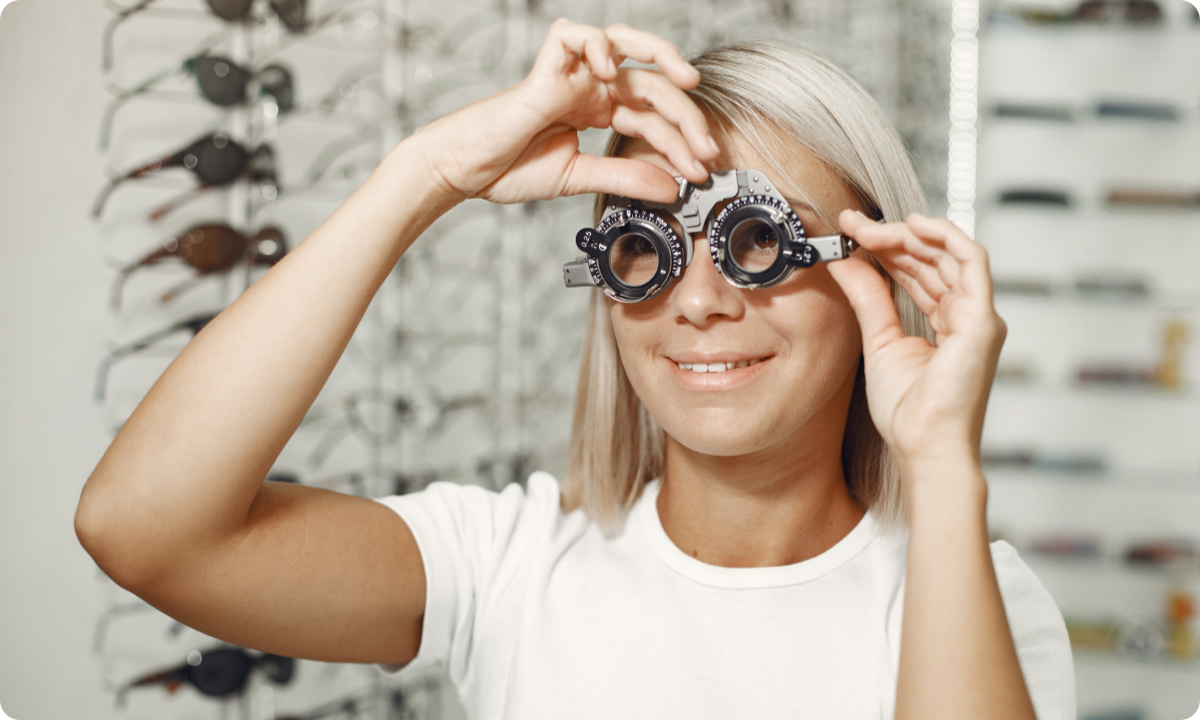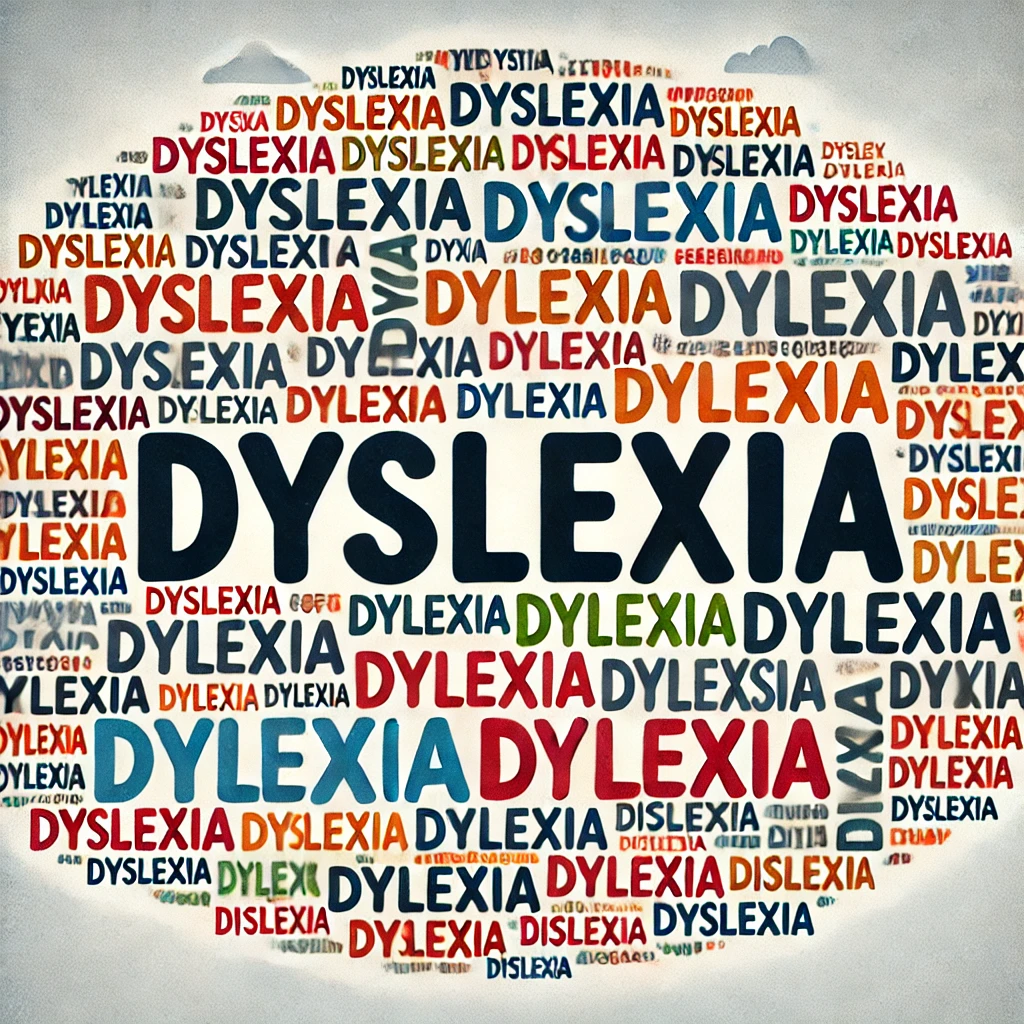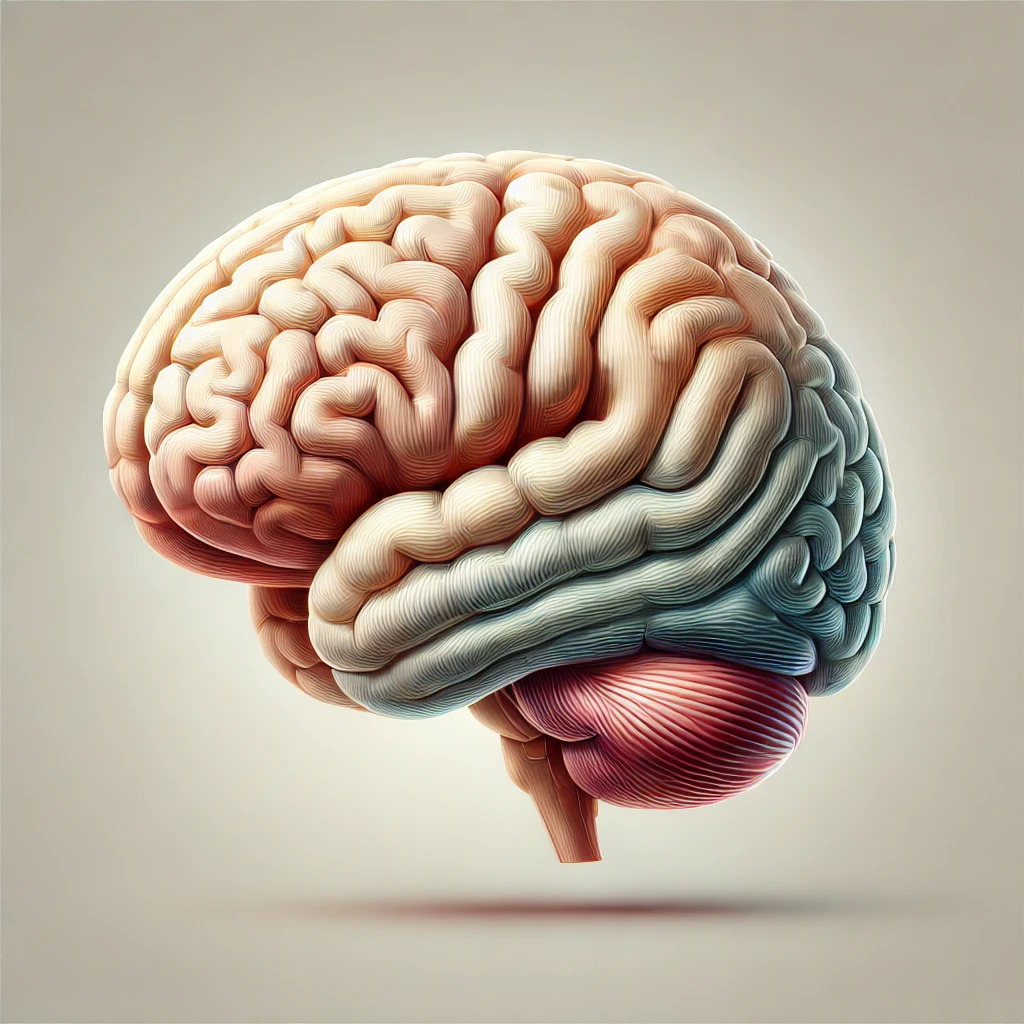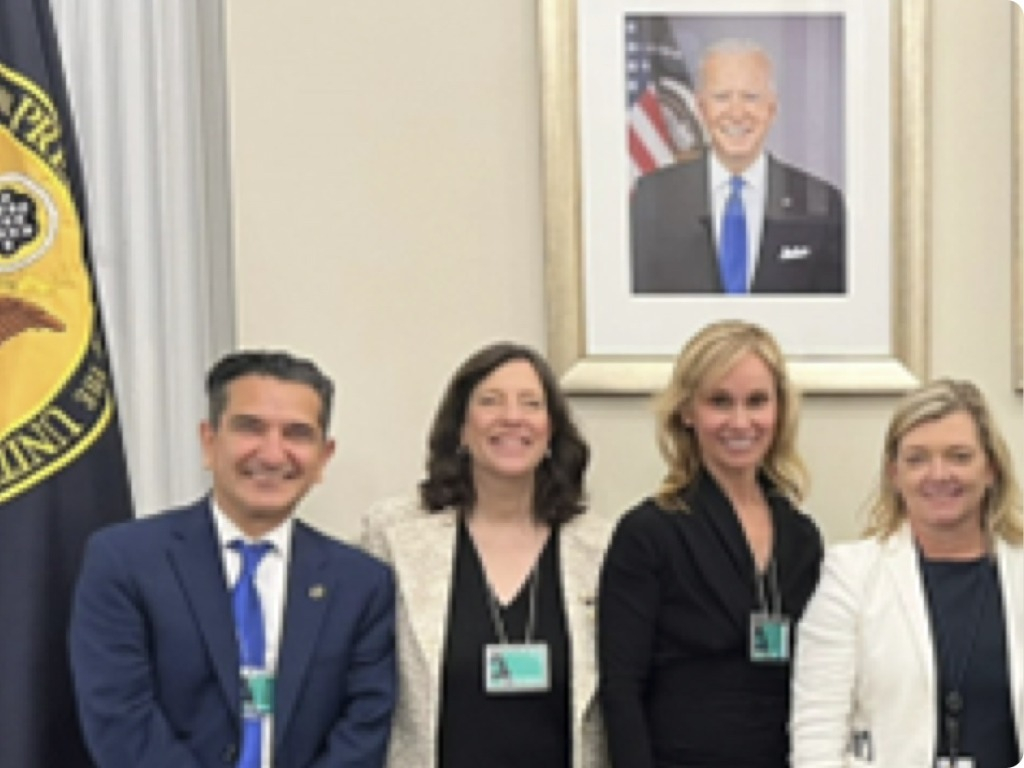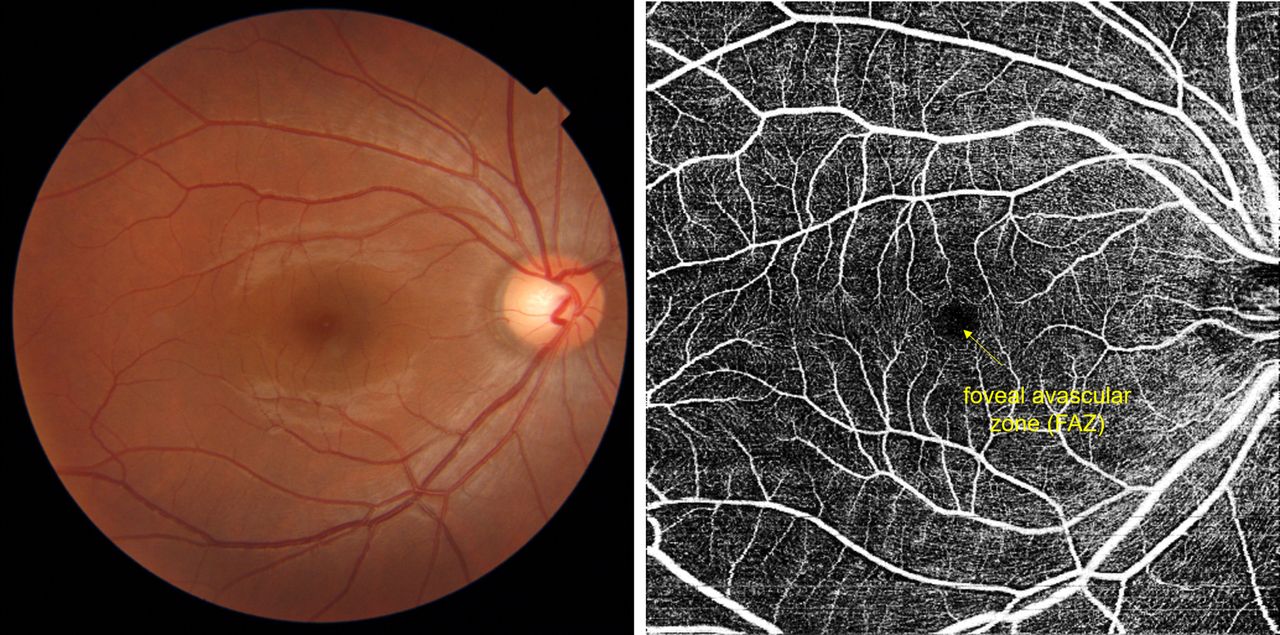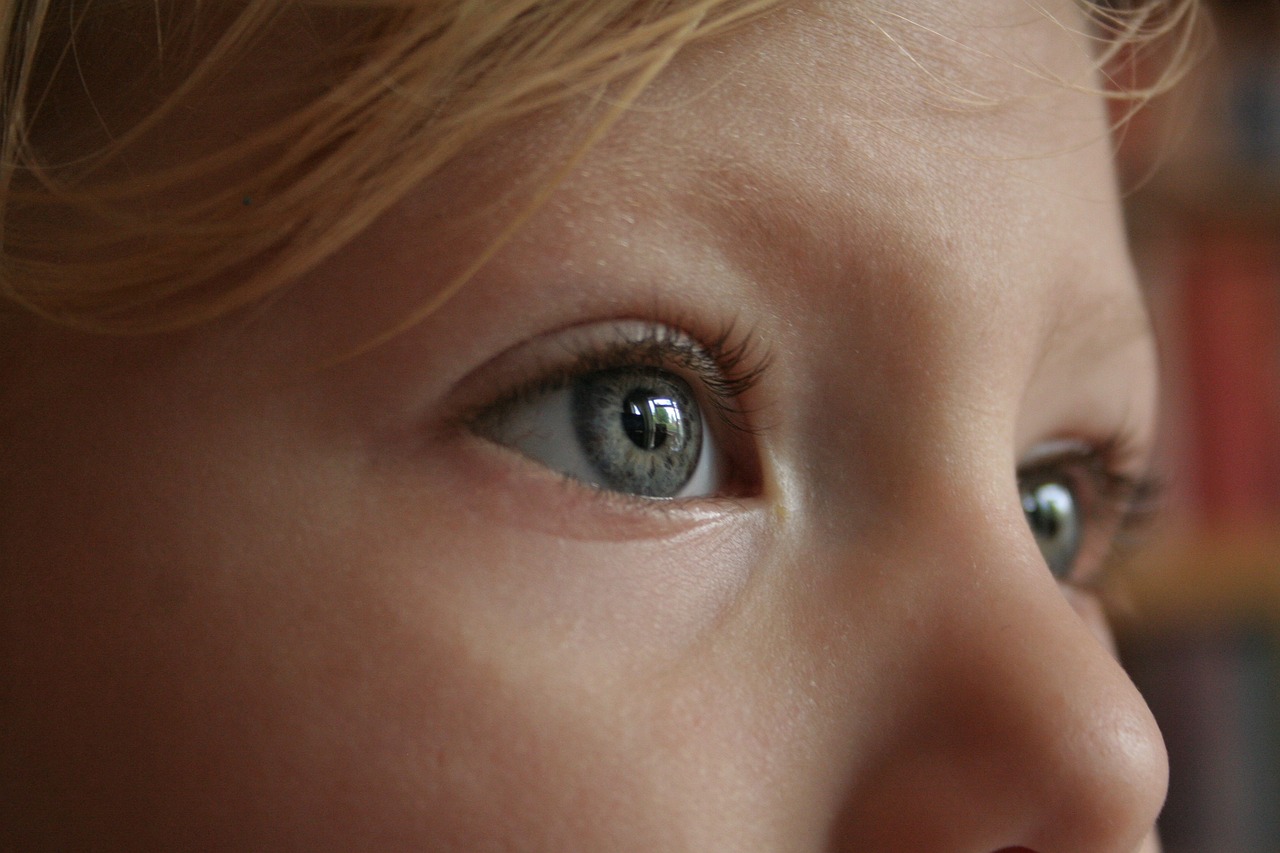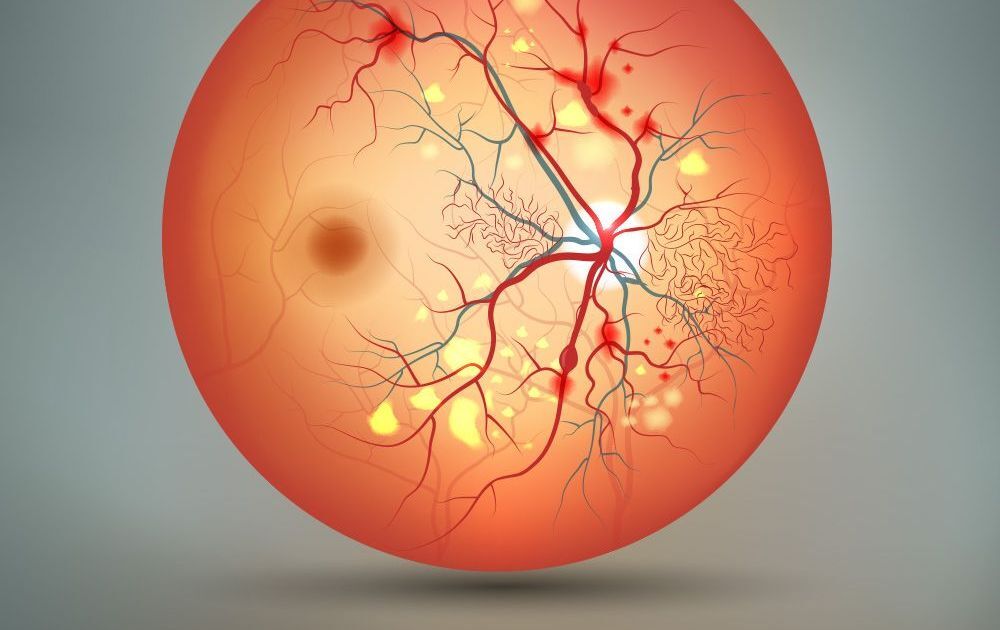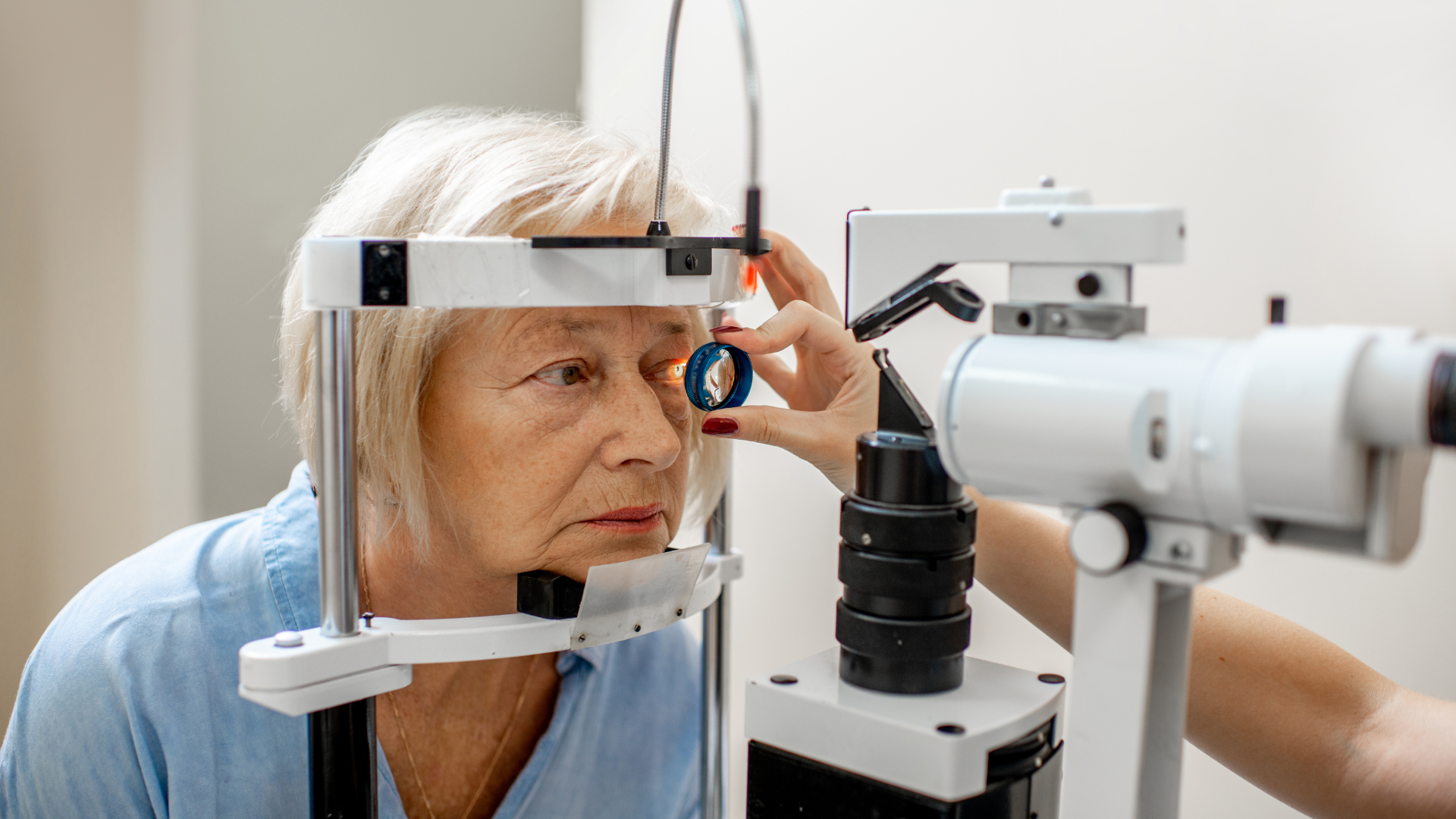Explore how customized eyeglasses may offer new hope in managing dyslexia symptoms.
TBI/Concussion/Stroke
Auditory Processing
Visual Processing
Autism Spectrum Disorder
ADD/ADHD/Learning Disorders
Additional Research
Third-Party Research
Dyslexia: Can Customized Eyeglasses Modify Its Effects?
Focus on a Brighter Future
Our goal is to help patients better understand how the Mind-Eye connection with our exclusive newsletter! Whether you’re a patient, a caregiver, or someone keen to learn more, our newsletter is your gateway to the latest in neuro-optometry. We bring you cutting-edge research, and expert insights. Sign up today!
